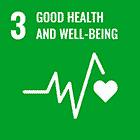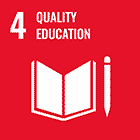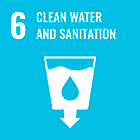Let’s keep in touch!
The latest news of the Metis Fund, delivered straight to your inbox!
In Jordan, urban artists paint monumental murals with residents to highlight the need for equality in access to resources, education, and health.



Baladk Street and Urban Art festival
In Jordan, access to education, health, and essential resources are major concerns. Educational infrastructure is unevenly distributed across the country, and in the remote northern regions, limited access to water and sanitation compromises the health of young people and further limits their opportunities to receive quality education. These inequalities between urban and rural areas affect social cohesion.
monumental murals painted
Jordan is the 5th poorest country in water resources
In October 2022, Amman, the capital of Jordan, hosts the 10th edition of the renowned Baladk Street Urban Art Festival. The festival features three guests. Indonesian artist Yessiow, who brightens walls with colorful and vibrant murals in Cambodia, India, Nepal, South Africa, Turkey; Italian artist Millo, whose monumental, poetic black-and-white compositions are recognizable worldwide; and Jordanian artist and visual designer Yazan Mesmar.
At the invitation of Metis, all three join forces with emerging young artist Abdullah Jamal Hafez to offer street-art initiation workshops for schoolchildren in Amman and remote northern areas of Jordan.
They also give a lecture on the theme “Art and Sustainability” at the French Institute of Jordan in Amman.
Finally, each of them creates a mural – each artist is invited to interpret, through their own perspective, the theme of the essential equality in access to resources, education, and health. For the first time in its history, the festival ventures beyond the capital: two of the murals are painted in the extreme north of the country, where access to resources is a critical issue – and where, moreover, access to art and culture is very limited.
The four artists work on their murals over several days, taking time to build relationships with the residents and engage in discussions with them. The murals are painted near schools so that children can talk to the artists – and even take up brushes themselves to add their personal touch to the artwork.
The French and Indonesian ambassadors visited the four murals. The artists spoke of the strength of their exchanges and discussions with the residents. As for the schoolchildren, they experienced the power of artistic practice to reflect on and express the challenges of their daily lives.